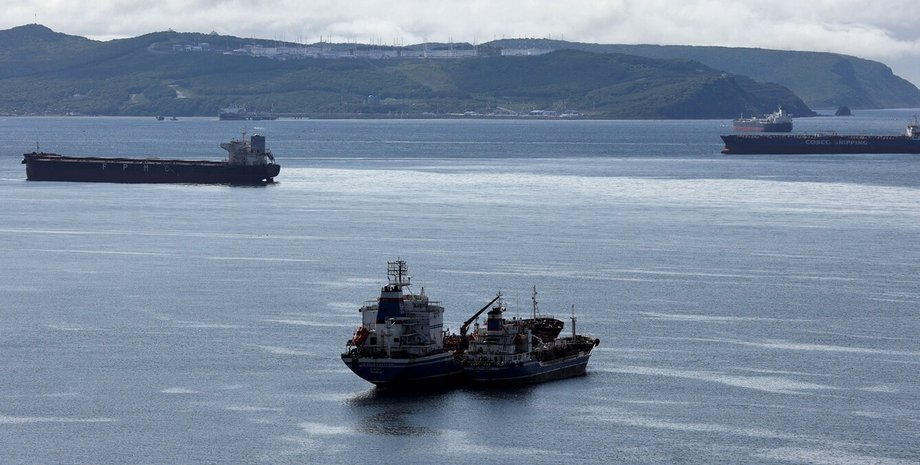
This was reported by the LRT publication. Both tankers belong to FB Trade, a company registered in Dubai. However, their real owners lead to Baltic bunkering giant Fast Bunkering, which until recently operated out of the port of Klaipeda in Lithuania. From June 2024 to March 2025, Rina and Zircone carried out 286 fueling operations for 177 vessels.
At least 159 of them called at Russian ports shortly before or after transporting oil, and at least 20 vessels showed signs of belonging to the Russian shadow fleet. "These vessels did not have insurance coverage from any member of the International P&I Group of Clubs, and their owners and management companies are registered outside the jurisdiction of the oil price control coalition," said analyst Anatoliy Kravtsev.
Over the course of nearly 10 months, the two ships refueled the vessel at least 30 times. None of the serviced vessels were under sanctions at the time of refueling, but 19 of them later ended up on EU, US or UK sanctions lists. Another 27 are mentioned as part of the shadow fleet or associated with sanctioned organizations, according to the OpenSanctions database. In addition, Tintrade, also owned by Fast Bunkering, had contracts with a Belarusian firm linked to a sanctioned oligarch.
Oil products were imported into the EU using forged customs codes and then transited through the ports of Estonia and Latvia. We will remind that on October 22, drones hit the refinery in Makhachkala, located in Dagestan, Russia, 1,000 km from the front. Enterprises in Bryansk region and Mordovia were also attacked. Focus also wrote that the EU finally touched a "pain point" in relations with the Russian Federation — liquefied gas.










All rights reserved IN-Ukraine.info - 2022